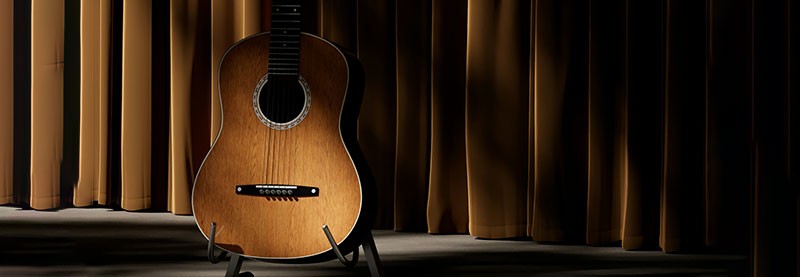Intellectual Property Insights from Fishman Stewart
Mini Article – Volume 24, Issue 4
Share on Social

Taylor Swift Deepfakes Make Bad Blood with Fans
By Kristyn Webb
Recently, some sexually explicit photographs of Taylor Swift went viral on social media platform X (formerly Twitter). These images were deepfakes—AI generated images of Swift. The issue of deepfakes has been making headlines as the US enters another presidential election cycle, due largely to concerns over the potentially deleterious effects of misinformation on voters.
Congress is considering various bills to try to curb the spread of deepfakes online, including criminal and civil penalties for unauthorized production of deepfake content. Swift’s fans did not wait for a Congressional act. Instead, they took up the online campaign by flooding social media with positive images of Swift and the hashtag #ProtectTaylorSwift.
Not everyone has the enormous and engaged fan base of Taylor Swift. It is estimated that 99% of deep fakes target women and 96% depict sexual content. While this issue clearly is one of violence against women, it may take the threat of an election loss due to deepfake campaign videos to persuade Congress of the urgency of the threats posed by synthetic media. Current laws are generally inadequate to counter this problem. Copyright law protects the content creator who makes the work from any unauthorized reproduction of the work—not necessarily the person who is depicted in the work. Trademark law protects brand owners from use of similar trademarks that might confuse consumers—not necessarily a person’s likeness. A patchwork of state statutes and common law currently exist to protect an individual’s name, image, and likeness, but these laws may be too undeveloped or antiquated to fully address this new use of technology.
Perhaps as the election cycle heats up, or as more celebrities are victimized, the law will get a nudge toward addressing the issues surrounding deepfakes.
Kristyn Webb is the Group Leader of Fishman Stewart’s Copyright Practice Group, and holds a Master’s Degree in Copyright Law from King’s College London.



Published February 9, 2024
Related Content from Fishman Stewart
People have long pondered whether or not the Giza pyramids were indeed solely burial chambers, which was the only known, and archaeologically determined, use—until now.
By 1930, efforts began in New York to replace Mother's Day with Parent's Day because men were more than just breadwinners. Those efforts didn't catch on, probably because in that era, women often spent more time in the home.
In February, Nike and Skims announced that they will be working together on a new brand, NikeSkims. The co-brand will create a new line of training apparel, footwear, and accessories specifically designed to meet the unique needs of women athletes.
Generally, federal courts have exclusive jurisdiction over copyright cases, and often, this presents an insurmountable paywall for individual artists and small businesses to vindicate their rights, especially where the value of the individual copyrighted works are relatively low.
Dedicated to raising public awareness about the importance of encouraging innovation and creativity throughout the world, the World Intellectual Property Organization (WIPO) annually observes World Intellectual Property Day on April 26 to showcase the role that patents, trademarks, industrial designs, copyrights and trade secrets play in our everyday lives.
Hold onto your foam fingers, sports fans – college sports just got a whole lot more interesting! The latest updates to Name, Image, and Likeness (NIL) rules are making student-athletes bigger than ever, and it’s not just about the game anymore.
Did a federal court in Louisiana recently decide that US copyrights are global rights? It seems so.
One of his most famous songs, “Lose Yourself” was recently at the center of a lawsuit. In 2019, Eminem’s publishing company Eight Mile Style sued Spotify claiming that Spotify streamed a number of its musical compositions without proper licenses.
One of the most common challenges is whether AI should be free to train on data that is protected by copyright and owned by third parties without first obtaining permission.
The U.S. Copyright Office (USCO) recently published its latest report on AI and “copyrightability.” In short, the USCO considers only some AI-generated works to be sufficiently creative as to deserve copyright protection, and thus, registration.
IDENTIFYING, SECURING AND ADVANCING CREATIVITY®












